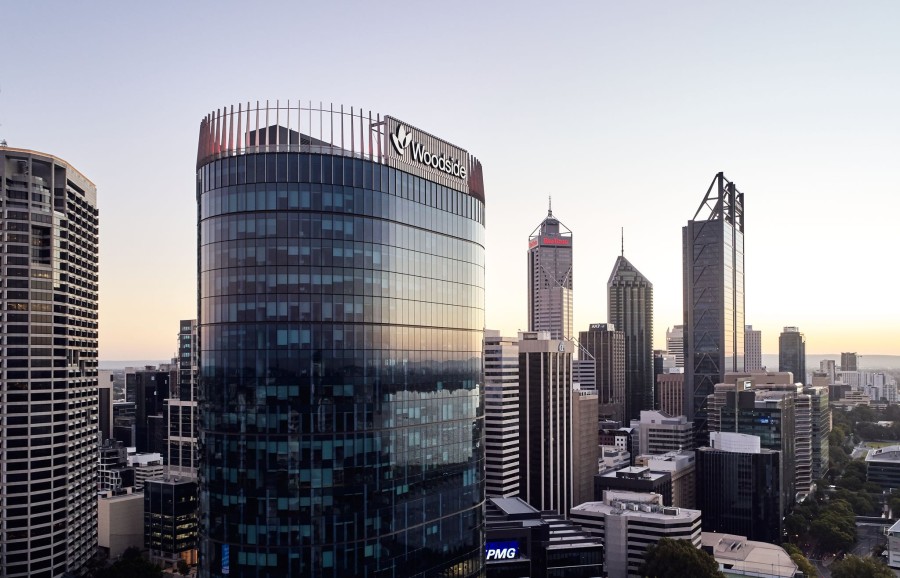Australian LNG player Woodside has joined five firms to establish the HyStation company, which aims to construct and operate hydrogen refueling stations to service public transport bus fleets in South Korea.
Woodside is the only foreign direct investor in HyStation from the energy sector, it said in a statement on Friday.
The firm joins South Korean state-owned LNG importing giant Kogas, Hydrogenic Energy Fund, of which Hyundai Motor holds a majority share, Samsung C&T, Industrial Bank of Korea but also Hyundai Rotem.
Also, the Korea Development Bank has agreed to provide some financing support for the newly established company, Woodside said.
Buses are heavy vehicles that require short refueling times, which makes them “ideally suited to hydrogen fuel cells for decarbonisation.”
By providing refueling infrastructure, HyStation seeks to accelerate conversion
of bus fleets from diesel to hydrogen, with hydrogen produced on-site through natural gas reforming, according to Woodside.
Furthermore, the investment in HyStation complements Woodside’s investment in HyNet, a consortium building hydrogen refueling stations for passenger vehicles in South Korea. HyNet is operating 16 hydrogen refueling stations but it is also building more of these facilities.
Woodside’s executive VP for sustainability Shaun Gregory signed the shareholder agreement for HyStation on Monday.
“One of Woodside’s key principles in our approach to hydrogen opportunities is that they should be customer-led. As an aspiring large-scale hydrogen producer, it is incumbent on us to work with potential customers – who are the experts in their markets – to build sustainable hydrogen demand,” he said.
The HyStation partners plan to launch their first hydrogen bus refueling station by the end of 2022.

